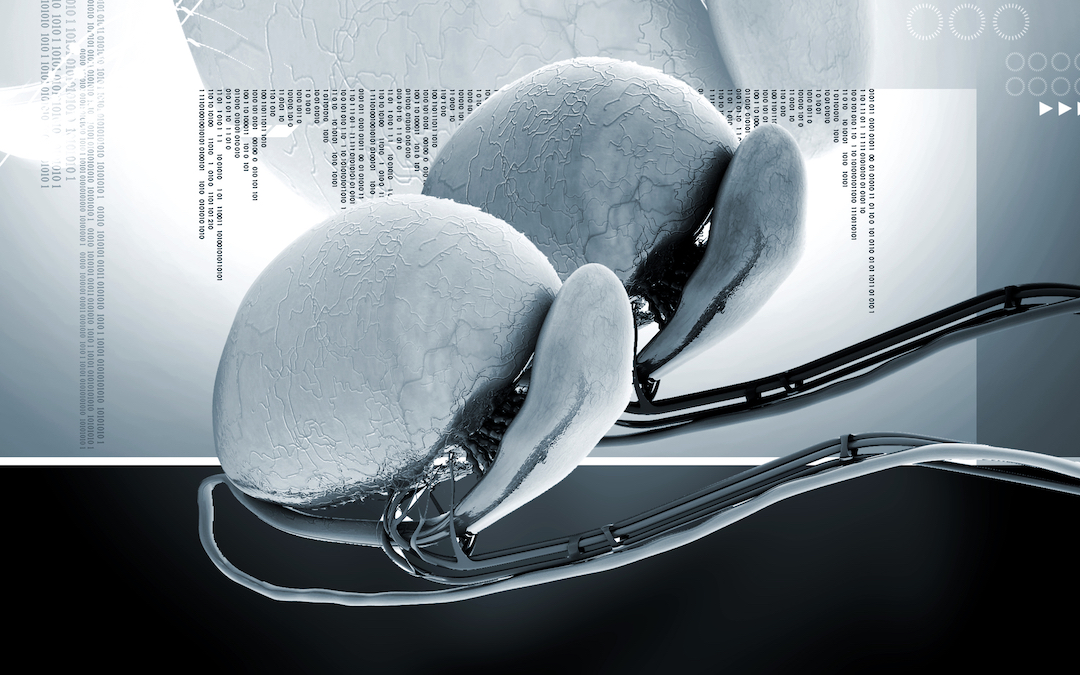Scientists Develop Lab-Grown Testicles To Kick Infertility In The Gonads
By Mikelle Leow, 20 Feb 2024

Illustration 33180952 © Krishnacreations | Dreamstime.com
Scientists aren’t just playing ball; they’re creating them. In an incredible stride within the field of reproductive biology, a team led by Dr Nitzan Gonen at Bar-Ilan University has created lab-grown testicles, opening up a whole new playbook for understanding testicular function and promoting male fertility.
Called testis organoids, they’re engineered from a collection of immature cells from the testicles of newborn mice to mirror the natural workings of testicular tissue. These cells, still in the early stages of development, were then nurtured in the lab over a period of nine weeks.
During this time, something remarkable happened: they began to show signs of early sperm cell production, a crucial step in the journey towards creating fully functional artificial testicles. Moreover, these cells organized themselves into tubular structures that closely resemble the seminiferous tubules found in natural testicles, where sperm production occurs. The resulting organoids managed to thrive in vitro for an impressive nine weeks, hinting at the possibility of completing sperm production and even hormone secretion processes.

Image via Stopel et al / International Journal of Biological Sciences (CC BY 4.0)
This ballsy achievement, detailed in the International Journal of Biological Sciences, builds on the concept of organoids, which are essentially mini-organs grown in vitro. Scientists have previously developed organoids for various parts of the body, including the brain, lungs, and hair follicles.
With that, although the cultivated organoids have shown early signs of meiosis—the process by which gametes, or sex cells, are produced—further research is needed to determine whether they can produce functional sperm.
The potential applications of this innovation are vast. Artificial testicles could lead to new treatments for individuals facing infertility and other disorders of sexual development.
“Artificial testicles are a promising model for basic research on testicle development and function, which can be translated into therapeutic applications for disorders of sexual development and infertility,” shares Dr Gonen.
One of the most compelling prospects is the development of testes organoids that could be frozen to preserve the fertility of children undergoing cancer treatments, which often impair their ability to have biological children when they grow up. Although it sounds nuts, the research may offer hope to countless individuals dreaming of starting a family.
[via Newsweek and Science Times, images via various sources]





